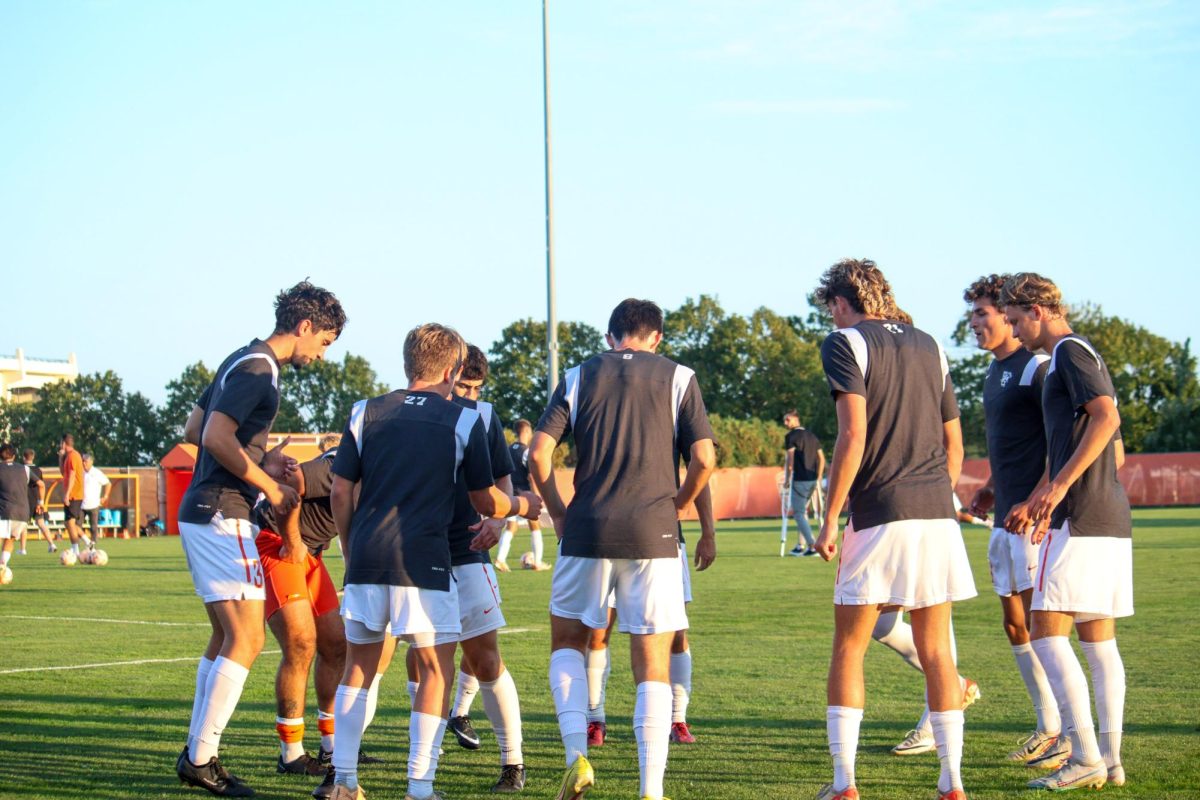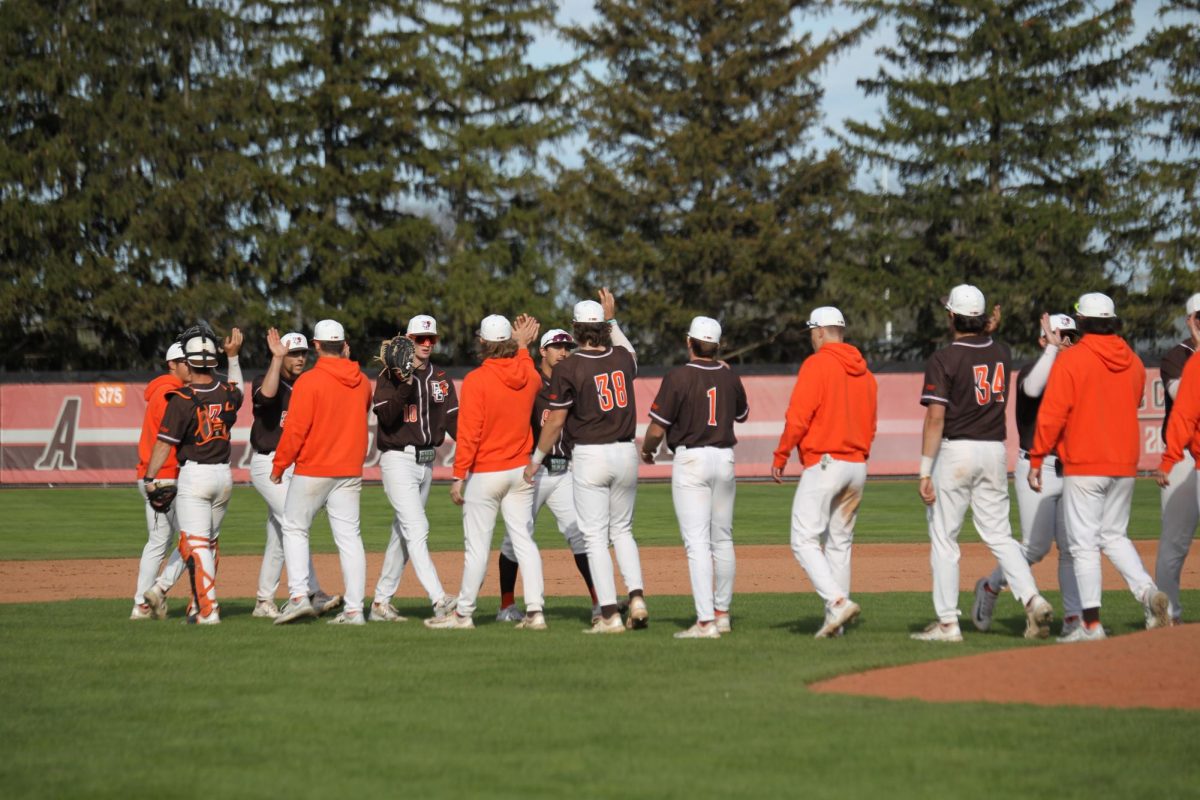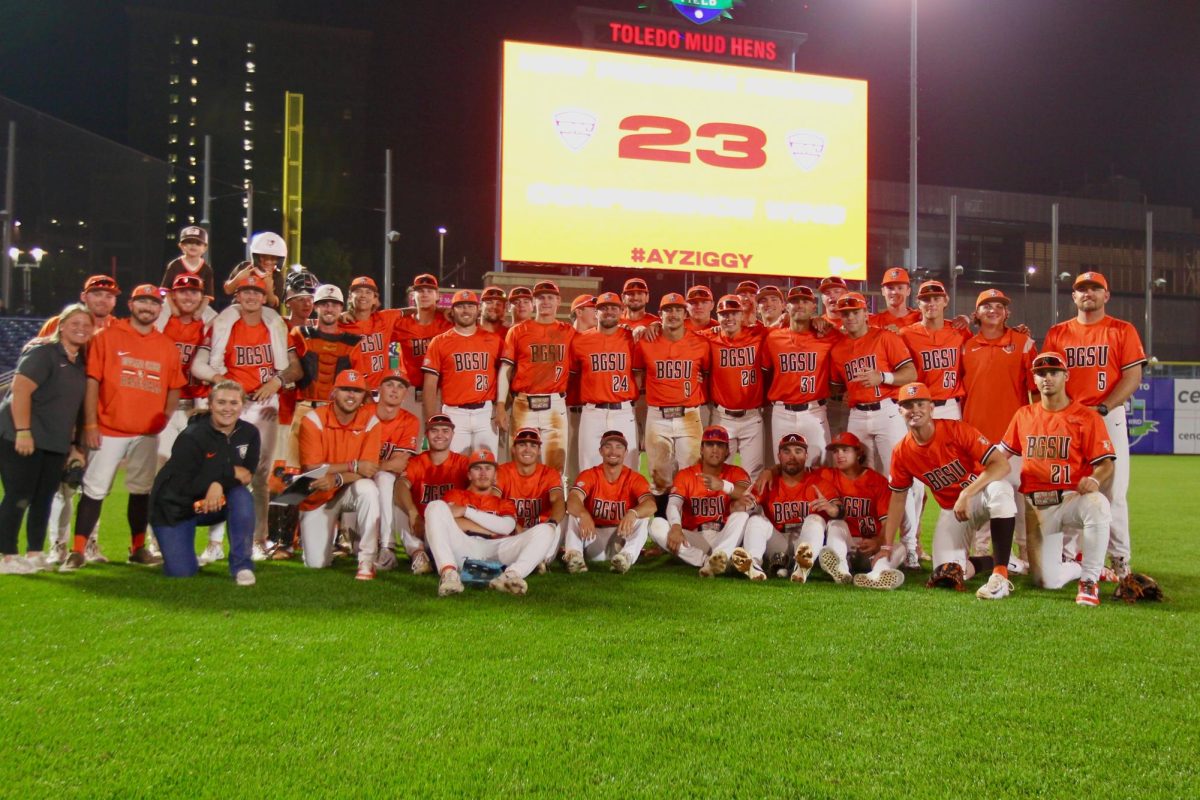When Freshman Jessica Williams arrived on campus this fall, she thought finding a Federal Work Study job would be relatively easy.
She didn’t count on the effects a 20 percent decrease in Federal Work Study funding has had on numerous campus employers.
Many campus offices that hire FWS students have had to cut hours, pay rates and jobs as a result of the FWS decrease, which started in 2003, according to Craig Cornell, director of Student Financial Aid.
The University’s FWS allocation was over $1 million in the 2002-03 year, declining to about $900,000 in 2003-04. After another significant decrease to $840,000 in 2004-05, the University’s FWS allocation has leveled off at $819,000 this year, Cornell said.
He added that the University’s FWS decrease is consistent with FWS decreases at universities nationwide.
With the decline of FWS allocations, campus employers have been forced to pay a higher percentage of students’ checks with non-FWS money, leading some offices to hire fewer students.
The shrinking pool of FWS money has made job hunting difficult for some University students. Williams said she has applied for jobs “almost everywhere,” including various residence halls and offices.
“I’ve looked all over, and I’ve gone home on the weekends to work,” Williams said. Much of her paycheck, she added, has been siphoned into expensive gas payments.
“I have to pay for college myself and I feel like I have no backbone because I have no income right now,” she said. Williams had to withdraw from her sorority Monday because she couldn’t pay the mandatory fees.
The University offers FWS eligibility to more students than it can afford to pay, according to Cornell. He said this is because the University knows many eligible students do not look for FWS jobs.
Although Williams qualifies for Federal Work Study money, she said she would be willing to take any job on campus, regardless of its ties with FWS.
Campus employers that have stable sources of income, such as the University Bookstore and Dining Services, have little need for FWS, according to Michelle Simmons, senior associate director at the Career Center.
But some employers, including many academic and administrative offices, cannot afford to hire enough students without the help of FWS.
The School of Art, which employs about 30 students, at least half of which use FWS, has begun to list some jobs as unpaid internships and volunteer positions. In addition, paid students’ hours have been cut due to diminished funding.
“Come spring when the Work Study money runs out, we have to cut back on hours,” said Jane Steinert, accounting clerk in the School of Art. “So if they [students] need equipment, or if they’re researching something and want to use the resource center, hours are limited.”
The America Reads program, a part of Outreach Literacy Programs that relies solely on FWS to pay nearly 85 student employees, has had to hire fewer students and decrease paychecks as a result of dwindling FWS funding.
Martha Sears, coordinator of OLP, said she has had to readjust her thinking about pay as a result of the FWS decrease.
“Students originally started at a base rate and got a large increase the next year,” she said. But when the program had to end one month early in spring 2004 because FWS funds ran out, Sears made the decision to lower second-year America Reads employees’ hourly pay from $8 to $6.25.
Still, Sears said the program lacks enough money to pay students for every time slot available in a semester.
“If we filled every time slot and paid every student base pay [$6 per hour] – there is not enough money to continue the program,” she said, adding that students do not typically fill every time slot.
In the Department of Biological Sciences, the FWS decrease has had a somewhat less serious impact on employment.
“In order not to hurt the students, we’ve tried to hire almost as many students, but we give them less hours,” said administrative assistant Deb McLean.
Employing 175 students, half of which are FWS employees, Jerome Library is also striving to minimize the effects of the FWS decline.
“The rate of pay for our students has not changed,” said Mariann Reiter, director of budgets for University Libraries. “If there is a period of time where our Work Study funds have run out, the Library’s operating budget kicks in and picks up the difference.”
In rare cases, according to Library Dean Lorraine Haricombe, students have had their hours cut due to the FWS allocation, but no students have lost their jobs due to the decrease in FWS funding.
However, overall decreases in government funding have led the Library to hire fewer students over the past few years, Haricombe added.
USG Senator-at-Large TaKasha Smith, a junior, brought the FWS situation to the attention of the USG at its meeting two weeks ago. Last week, USG President Aaron Shumaker attended an Inter-University Council meeting to draft a letter concerning the decrease in higher education funding. The letter, which the student presidents of 13 Ohio universities plan to send to several state legislators, mentions decreased FWS funds.
“I hope we all rally around this point and put together a collaborative effort from all the universities to support federal funding,” Shumaker said.
Any help students can receive in finding jobs is welcome, according to Freshman Danielle Stewart, who has been searching for FWS work for much of the semester.
“They need to open more jobs,” Stewart said. “It’s not fair to people who are trying to get Work Study.”
Aware of students’ collective plight, the University asks for more funding each year according to Cornell, who said the University usually requests $2 million in FWS.
“Every year we request more [FWS funding] than we ever get,” he said, adding, “We spend every penny every year.”

















